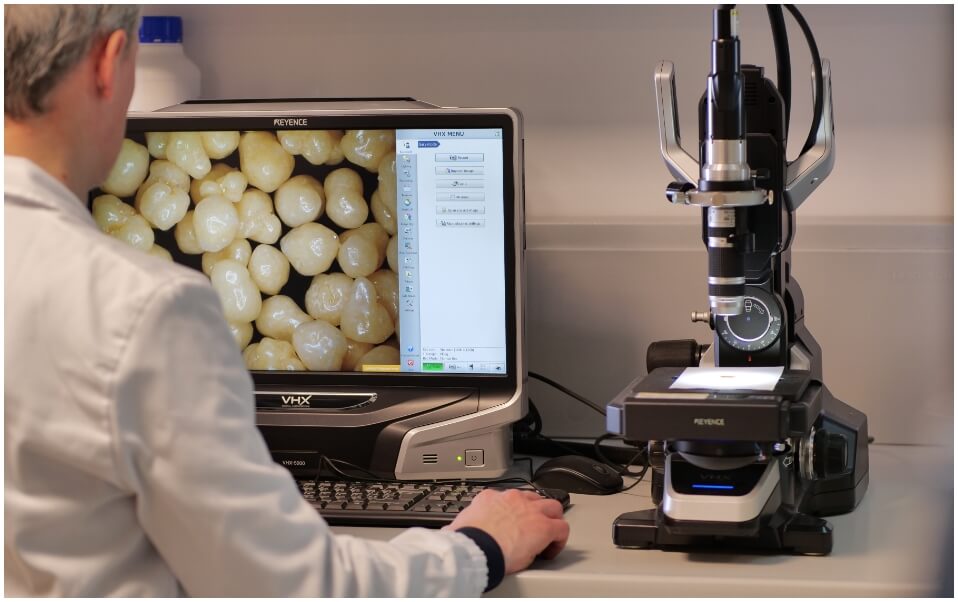Biofuel is a type of fuel derived from organic materials instead of from fossil resources such as oil, coal or natural gas. It is considered renewable, as the raw materials used to produce it can be regenerated in a relatively short time. In this context, SICIT uses animal fat extracted from fleshing waste, as a key raw material to produce this alternative fuel.

Fleshing waste, a by-product of tanneries, consists mainly of water, collagen and fat. The latter accounts for about 15% of the total content. During the production process to extract collagen and subsequent hydrolysis, the fat is separated in a preliminary stage through centrifuges. The extracted fat is then treated and refined through various processes that ensure its purity. Depending on the level of purity achieved, the fat is used as a raw material to produce biofuel or is directly used as fuel.

There are numerous advantages to using biofuel, including:
Sustainability:it is a 100% natural origin fuel, which helps to reduce dependence on fossil resources.
Emission reduction: biofuel contributes to limiting greenhouse gas emissions, helping in the fight against climate change.
By-product valorisation: the use of fat extracted from fleshing waste contributes to recycling a by-product, turning it into a valuable resource.
Versatility: depending on the purity, it can be used either as a raw material or as a direct fuel.

The fat refined by SICIT is transformed into biofuel or used directly in engines to produce electricity and is an effective alternative to fossil fuels, fulfilling a commitment to a more sustainable and eco-friendly future.

In the increasingly demanding context of sustainable energy, biofuel derived from animal sources emerges as an innovative solution, meeting the growing needs of a rapidly evolving sector.
Learn more about the applications of refined fat on the energy sector page.